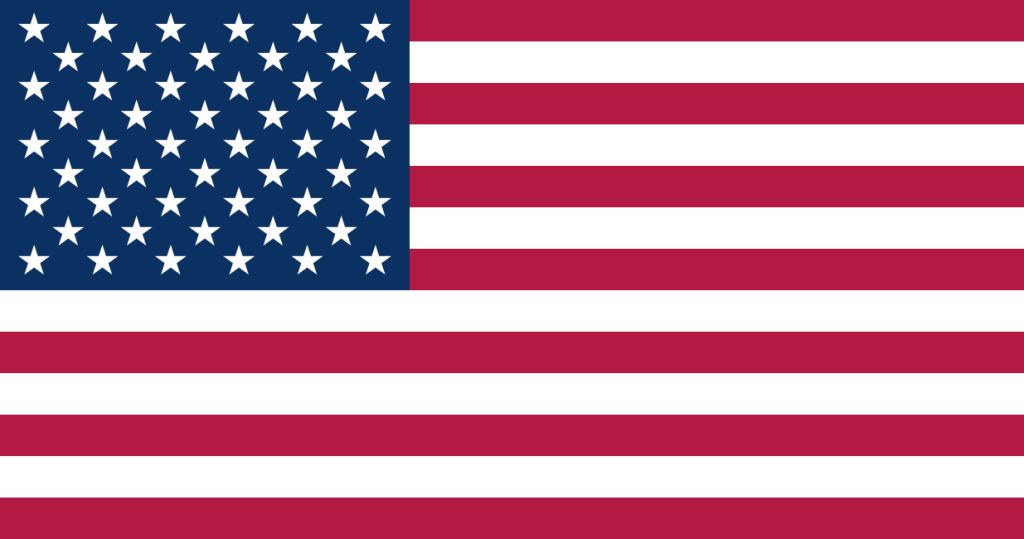As of October 2025, India has transformed its long-held semiconductor ambitions into a tangible, rapidly accelerating national mission. Driven by a coherent, state-led industrial policy and substantial fiscal incentives under the India Semiconductor Mission (ISM), the country has successfully attracted over $18 billion in investment commitments for ten strategic projects, laying the groundwork for a foundational manufacturing ecosystem. This report provides a comprehensive analysis of India’s strategy, its physical implementation, its research and development infrastructure in a global context, and the critical geopolitical risks that temper its promise as a partner for the United States.
India’s strategy is distinguished by its pragmatic focus on mature process nodes (28nm and above) and advanced packaging (ATMP/OSAT). This approach wisely avoids direct competition with leading-edge foundries in Taiwan and South Korea, instead targeting the high-volume demand from its burgeoning domestic automotive, industrial, and consumer electronics markets. Major projects, including an $11 billion fab by Tata-PSMC and a $2.75 billion packaging facility by U.S.-based Micron, are progressing rapidly, with India’s first domestically produced chips from a pilot line becoming available in late 2025.
A key component of this ecosystem is talent development. The newly approved NaMo Semiconductor Laboratory at IIT Bhubaneswar, despite its prominent name, is a tactical, regionally-focused workforce development center with a modest budget of approximately $0.6 million. Its primary role is to supply skilled personnel to specialized compound semiconductor and packaging facilities planned for the state of Odisha, not to conduct frontier research. A comparative analysis reveals it operates on a fundamentally different scale and mission from premier R&D hubs like the Albany NanoTech Complex in the U.S. or Europe’s Fraunhofer and imec, which command multi-billion-dollar investments and focus on next-generation, pre-competitive research.
From a U.S. perspective, India’s approach is complementary rather than competitive. By building capacity in mature nodes, India can de-risk global supply chains for a vast category of essential chips, allowing the U.S. to focus its CHIPS Act resources on securing the leading edge for high-performance computing and national security.
However, this opportunity is shadowed by a critical geopolitical risk. This report identifies a “Trusted Partner Paradox”: while the U.S. cultivates India as a secure and democratic alternative to China, India has simultaneously become Russia’s second-largest supplier of restricted, dual-use technologies, including microchips and machine tools essential to Moscow’s war effort in Ukraine. This activity directly undermines Western sanctions and creates a potential vector for technology leakage, posing a significant compliance and reputational risk for U.S. firms investing in India. This fundamental contradiction presents a complex challenge for U.S. policymakers, who must balance the strategic imperative of diversifying supply chains with the immediate security threat posed by India’s continued material support for a primary U.S. adversary.
(more…)